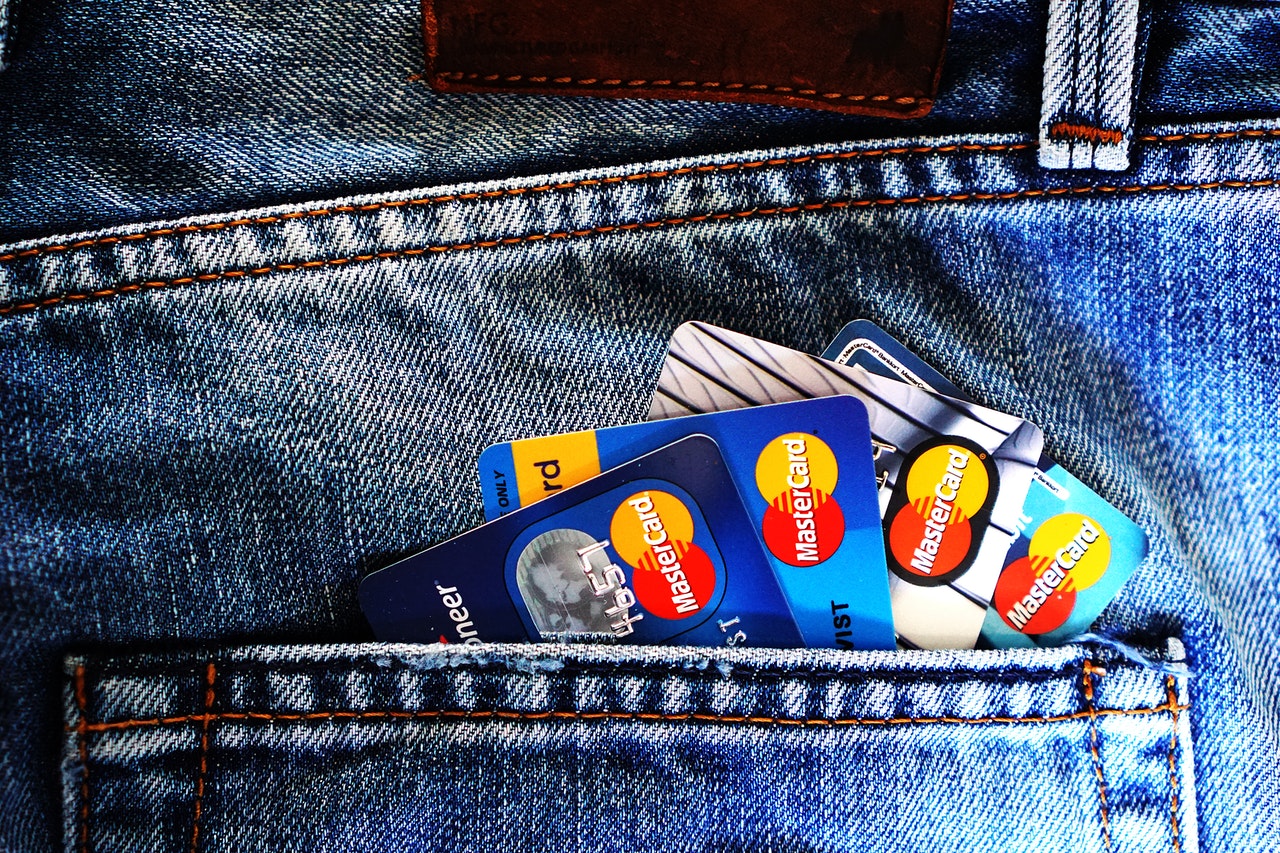A number of myths exist when it comes to building credit. Unfortunately, people who believe these myths can end up hurting themselves in the long run. Not only is this misinformation frustrating, but it can also end up costing you a lot of money in terms of higher interest payments and more debt.
As you work to build your credit and earn a good score, you need to be diligent about the information that you trust. To achieve a truly excellent score, you need to be savvy about how these numbers are calculated and the steps you can take to improve your overall credit. Some of the common myths you should avoid buying into include:
1. Checking your score hurts your credit.
Many people think that checking their score hurts their credit. This is not true. When you check your credit, this is considered a soft inquiry that does not count against you. When creditors formally check your credit, the resulting hard inquiry does lower your score temporarily, which is why you need to be strategic about applying for credit.
However, checking your own credit does not have the same effect. Importantly, you should check your score often to ensure that it is moving in the right direction and to catch potential problems quickly.
2. Income determines your credit score.
The companies that calculate credit scores never directly consider your income. The scores come directly from our credit reports, which do not list income, so it is impossible for these companies to consider salary. Of course, income and assets will affect your ability to borrow money.
Lenders and credit card companies attempt to ensure that you have the ability to pay your bills based on your income and the amount of money you already owe. However, it is possible to have excellent credit even when your income is not very high. This is possible if you are strategic about your finances and avoid missing payments, which is the most damaging thing you can do for your credit score.
3. Repaid debts no longer affect a credit score.
Some people believe that the damage done by a debt gets erased once it is repaid. While catching up on payments will help your score, paying off the debt will not eliminate the damage done. The missed payments will still be on your credit report for seven years.
Debts that are sent to collection likewise do not get erased from your credit report and repaying them will not remove the negative information related to them. You should pay these debts as that will avoid the potential for a lawsuit. In addition, paying the debt can indeed help your score somewhat.
However, it is important not to think that the damage will simply get erased. You should do everything in your power not to get in a bad situation in the first place.
4. You need to carry a balance to build credit.
Sometimes, people are under the impression that they need to carry balances on credit cards to build credit. In reality, having an open credit card in good standing is enough to improve your credit score.
If you do not trust yourself to use the card responsibly, then open the account and cut up the card so that the balance remains zero. Otherwise, pay off the balance each month so that you are not paying interest and wasting money.
Should you choose to carry a card without a balance, be aware that many companies will close an account that does not get used for a prolonged period of time, usually a year. Thus, you may need to make a small purchase every now and then to maintain the account.
5. Closing old accounts will improve your credit.
Avoid closing your old accounts, even if they are inactive. The myth is that closing these accounts will improve your credit. However, credit scores take into account credit history and credit utilization. The latter is the amount of credit you use in comparison to your limits.
Closing old accounts will shorten your credit history and decrease the denominator used in the credit utilization calculation. For that reason, it is important to keep these old accounts open. As mentioned above, it can be helpful to make small purchases once in a while to keep them open as long as possible.
6. Cash can repair your credit score.
Some companies claim that they can repair your credit in return for a large cash payment. The truth is that no shortcuts exist when it comes to improving your credit. These “miracle fixes” are a waste of money since negative records always sit on your report for at least seven years. The only way to change this is by proving that the record is inaccurate.
These companies may be able to get some errors removed from your credit report, but you can also easily do that yourself. If one of the credit bureaus refused to remove something that is an error after you report it, then you are better off hiring a lawyer than one of these companies.

